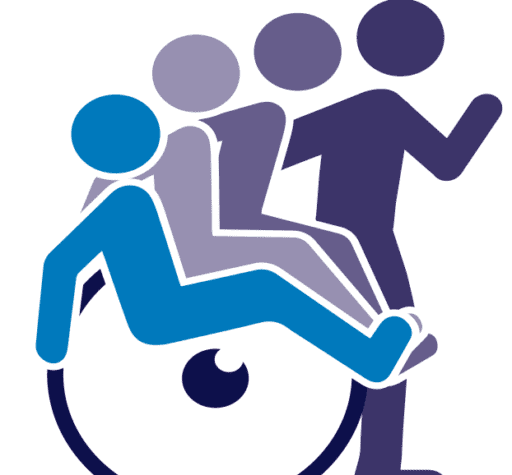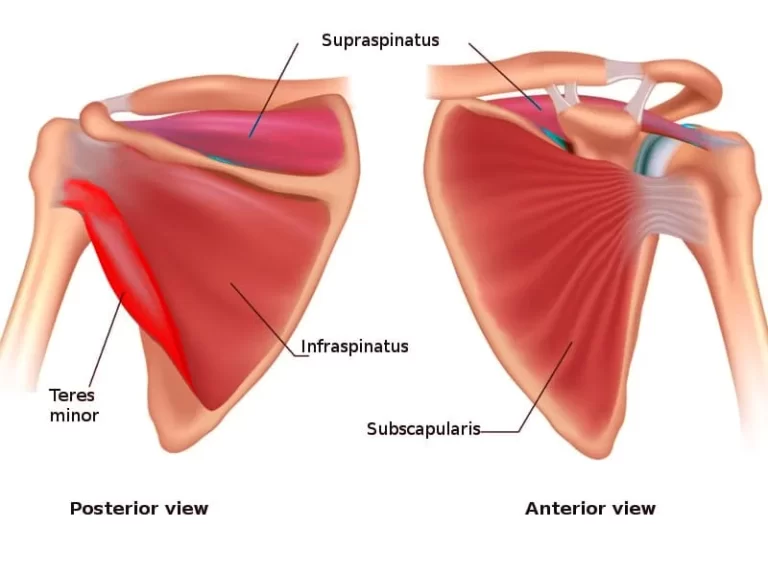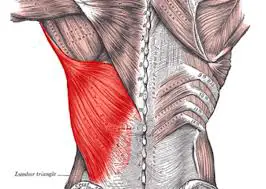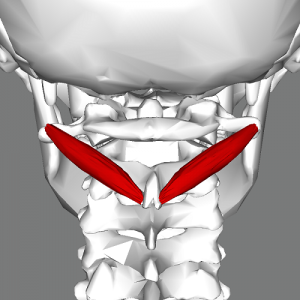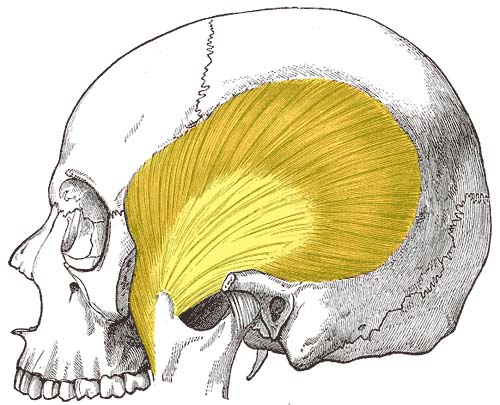Immune System
Table of Contents
What is the Immune System?
The immune system is a complex network of cells, tissues, and organs that work together to defend the body against harmful pathogens like bacteria, viruses, fungi, and parasites. Its primary function is to recognize and neutralize these foreign invaders to maintain the body’s health.
This System is made up of different types of cells and molecules, which protect the body against pathogens. Pathogens are bacteria, fungi, viruses & haptens. Haptens are molecules that may cause an immune response when they come in contact with protein molecules. All these cells & molecules are distributed in all the tissues of the body as well as lymphoid organs, which eliminate or prevent microbacterial infections to decrease the growth of tumors & initiate the repairing process of damaged tissues of the body.
It is the body’s tool for preventing any infection. Its complex network of cells, organs, proteins, & tissues enables it to protect the body from bacteria, viruses, parasites, & more. If it identifies an unwanted substance, it will start an immune response — a complex attack to protect the body from defenders. It also recognizes & removes dead & faulty cells.
This system does not always get it right, however. Sometimes, it is unable to fight effectively because a person has a health condition not well, or needs certain medications that affect how the system works. In autoimmune diseases & allergies, the immune system by mistake perceives healthy tissue as unhealthy & launches an unnecessary attack. it leads to uncomfortable & sometimes dangerous symptoms.
Which are the parts of the Immune System?
The main parts of this system are:
- Spleen.
- Thymus.
- Antibodies.
- Bone marrow.
- White blood cells.
- Lymphatic system.
- Complement system.
1) Spleen
It is a small organ that lies inside the left rib cage, just above the stomach. In adults, it is about the size of an avocado. It is part of the lymphatic system. It does several important functions to keep the body healthy. Many conditions, diseases, disorders & injuries affect the spleen’s function. Providers usually treat the disease or illness that’s causing problems with the spleen. If necessary, healthcare providers can remove the spleen during a surgical procedure known as a splenectomy.
2) Thymus
T-cells are specialized white blood cells (WBC) that are produced and trained by a tiny gland located in the lymphatic system. The immune system fights sickness and infection with the aid of T-cells. The majority of T lymphocytes are produced by the thymus gland before to birth. The tonsils, spleen, and appendix are examples of the tissues, veins, and organs that make up the lymphatic system.
T-lymphocytes, or T-cells, are specialized white blood cells that the thymus gland produces and trains. The bone marrow sends lymphocytes, or white blood cells, to the thymus gland. In the thymus, the lymphocytes develop into specialized T-cells, and after they are fully developed, they reach the bloodstream. They go through the lymphatic system to the organs and lymph nodes, which are collections of cells that aid the immune system in fighting illness and infection.
3) Antibodies
Proteins called antibodies serve as a defense when an undesirable material enters the body. Produced by the immune system, antibodies bind to these unwanted substances to remove them from the system. Another word for the antibody is immunoglobulin(Ig).
4) Bone marrow
This is the soft, fatty tissue inner side of bone cavities. The blood including RBC, WBC & platelets produces inside the bone marrow. It makes all the components of the blood. It’s creating billions of RBC daily, along with WBC & platelets. Bone marrow also has storage of fat that turns into energy as needed. There are 2 types of bone marrow in the body, which are characterized by their color. the human body holds just under 2.5 kg. of red & yellow bone marrow.
5) Lymphatic system
The lymphatic system comprises a network of tissues, vessels & organs such as your tonsils, spleen & appendix. Some 20 liters of plasma flow via the body’s arteries & smaller arteriole blood vessels then capillaries every day. After delivering nutrients to the body’s tissue & receiving their waste products, about 17 liters are returned to circulation through the veins. The remaining 3 liters seep through the capillaries & into the body’s tissues. The immune system collects the lymph from tissues & cells in the body & drains it along until it’s returned to the bloodstream.
The lymphatic system has so many functions including:
Maintains fluid levels in the body: the immune system collects excessive fluid that moves from cells & tissue throughout the body until returns to the bloodstream, which is then recirculated through the body.
Absorbs fats & proteins from the GI tract: Lymph includes excessive fluids from the intestines that contain fats and protein molecules & then transport them back to the bloodstream.
Protects the body against foreign invaders: This system is part of the immune system. It produces & releases lymphocytes (WBC) & other immune cells that monitor & then kill the foreign invaders like bacteria, viruses, parasites & fungi — that may enter the body.
Types of the immune Systems
The immune system is composed of two basic types:
- The innate immune system: Individuals are born with an innate immune system.
- The adaptive immune system: Individuals develop adaptive immunity when exposed to pathogens or chemicals.
The Innate Immune System
Some people have an innate immune system from birth & ready to attack defenders immediately. This response is non-specific & generic. Macrophages will engage in combat with infections if they can evade this immune system. In addition, cytokines produced by macrophages help the body respond to the inflammation process.
The Acquired Immune System
The ability to defend against infections increases over time. Immunological memory is a term used to describe this disease when the immune system recalls earlier enemies.
Active Immunity
This immunity refers to the body’s instant reaction to an external antigen. The body keeps track of the infections it has already encountered in the adaptive immune system. This is a direct effect of active immunity. The body develops active immunity when exposed to the pathogen or its antigen. When a pathogen enters the body for the first time, some antibodies(Ab) that combat it are stored in case the pathogen attacks again. This is called natural active immunity.
Passive Immunity
Antibodies acquired from outside the body trigger an immunological reaction called passive immunity. The first encounter with a disease is always a little tough on the body because the body’s first response to it is relatively weak for the immune system. This protects infants from several infections throughout their early years.
Weakened immune system
For many people, this system works properly to regulate itself. However, in some people, medications or immune system disorders cause hyperactivity or decrease the activity of the immune system.
Primary immunodeficiency disorders: these disorders are usually present congenitally & are caused by the immune system missing particular parts.
Secondary immunodeficiency disorders: these disorders occur as a result of the immune system being compromised by extrinsic factors, including HIV, severe burns, malnutrition, or chemotherapy.
Allergies & asthma: When the immune system reacts to non-toxic chemicals, this disease develops.
Autoimmune diseases are conditions such as SLE, rheumatoid arthritis(RA), inflammatory bowel disease(IBD), multiple sclerosis(MS), & type 1 diabetes(DM), whereby the immune system mistakenly attacks the body’s cells & tissues.
Disorders of the immune system are treated with specific medical treatment that tackles the symptoms and associated infections.
Impact of daily lifestyle on immune response
The primary components of this system include the lymph nodes, tonsils, spleen, bone marrow, & thymus gland. There are no direct links that have been identified between the daily lifestyle & enhanced immune response, but researchers have investigated the effect of factors, such as exercise, diet, & stress. The best thing you can do to maintain the immune system is to adopt healthy living strategies that will benefit the entire body, including the immune system. These strategies might include:
- eating fruits & vegetables
- regular exercise
- maintaining a healthy weight
- quitting smoking
- drinking alcohol only in moderation
- getting enough sleep
- avoiding infection through regular hand washing
- reducing stress
Which foods affect immune response?
- Soluble fiber: Soluble fiber switches the immune cells from pro-inflammatory to anti-inflammatory, which helps the body to heal faster from any infection.
- Probiotics: this may help counteract the adverse effects of broad-spectrum antibiotic drugs by keeping the immune system ready to respond to any new infections.
Condition & disorder
Which conditions & disorders affect the immune system?
Some deficiencies in the body & disorders can damage or disrupt the immune system. Some medicines make it harder for the body to fight infection. Certain health conditions cause the immune system to attack healthy cells or make it hard for the immune system to protect them from harmful bacteria. They include:
Allergies: When the body overreacts to a harmless substance like food, feathers, or pollen. The body fights its allergy triggers by releasing histamine hormone that causes allergy symptoms. Medications that block histamines aid in symptom relief.
Autoimmune disorders: autoimmune disorders occur when the immune system mistakenly attacks its own body cells. Lupus(SLE), diabetes, Hashimoto’s disease & rheumatoid arthritis(RA) are the most common autoimmune diseases.
Primary immunodeficiency disorders: primary immunodeficiency disorders are passed along in families.
Infections: HIV& mononucleosis are the most common infections that weaken the immune system. They lead to severe illness.
Cancer: leukemia, lymphoma & myeloma this type of cancer affects the immune system directly. These cancers occur when immune cells growth uncontrollable.
Sepsis: It is the body’s immune system’s overreaction to an infection.
Medications: corticosteroids can weaken the immune system. And after an organ transplant surgery, people take immunosuppressant drugs. However, these drugs increase the risk of infection & disease.
FAQs
It is a colorless fluid containing lymphocytes, which bathes the tissues & drains through the lymphatic vessels into the blood.
The lymphatic system is made up of a group of lymph nodes deep inside the body. These lymph nodes are linked with lymphatic vessels which circulate the lymph throughout the body. the spleen, tonsils, adenoids & thymus glands are all organs of the lymphatic system.
The function of lymph is to remove toxins in the tissues of the body. We live in a world where the most of air we inhale is full of harmful substances; lymph is the body’s way of purifying & cleaning itself
The thymus gland and bone marrow are the most important primary lymphoid organs. Secondary lymphatic organ tissues such as the spleen, lymph arteries, tonsils, lymph nodes, skin, adenoids, & liver are all important organs of the immune system.
The organs & processes of the body that give resistance to infection of any pathogens & harmful substances. Organs are the thymus gland, bone marrow & lymphatic nodes.
